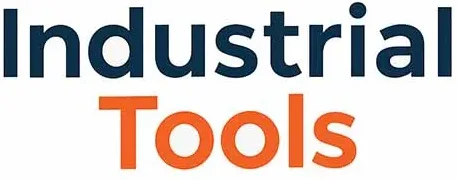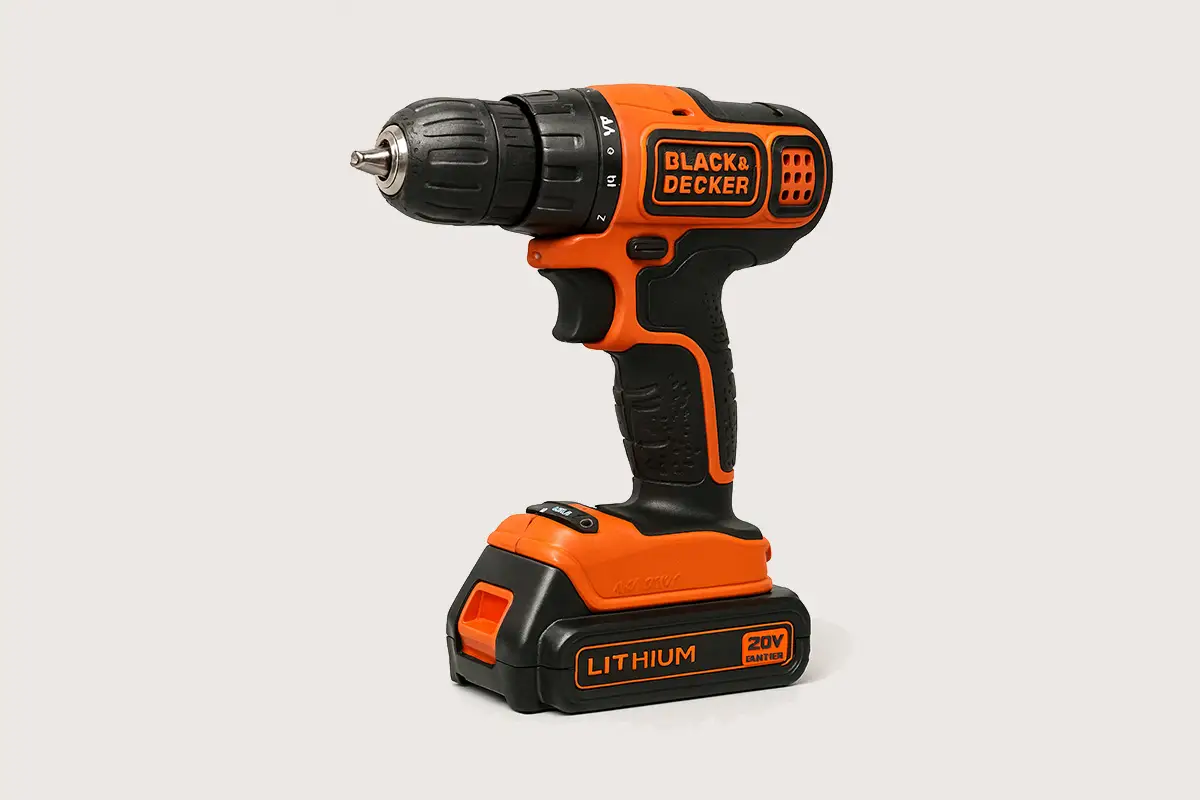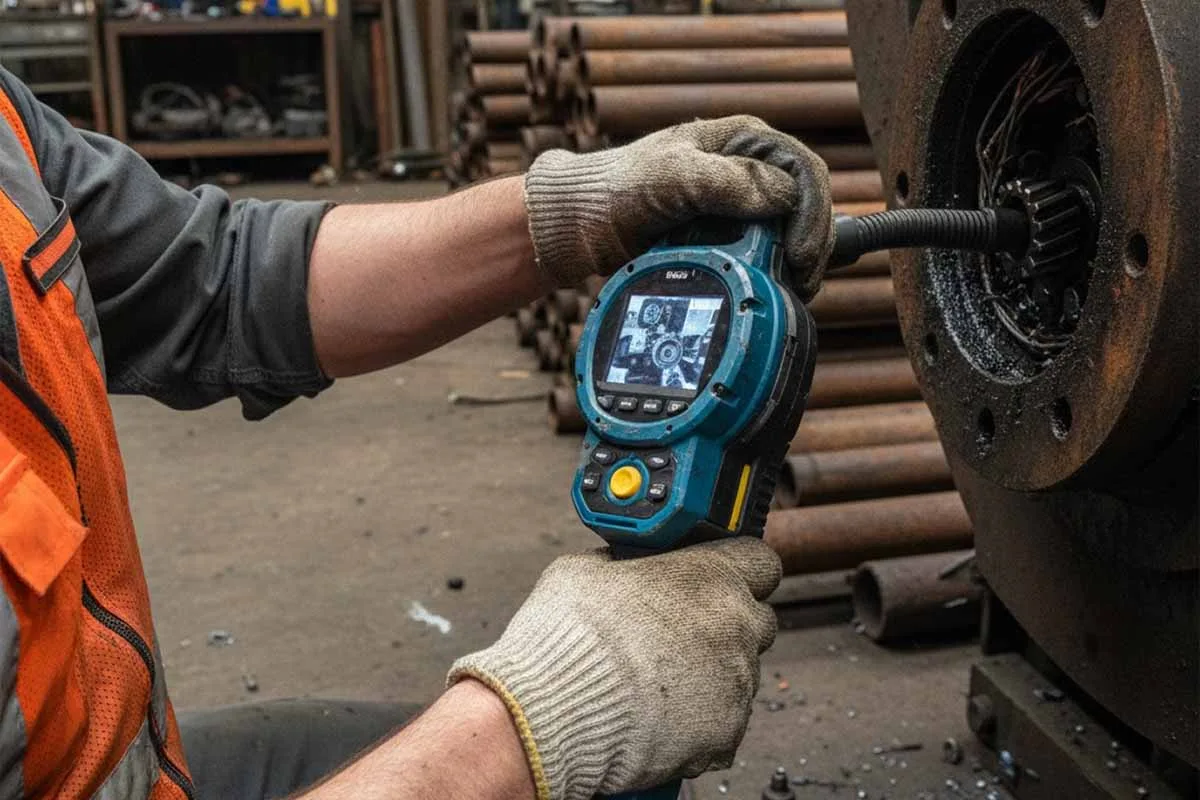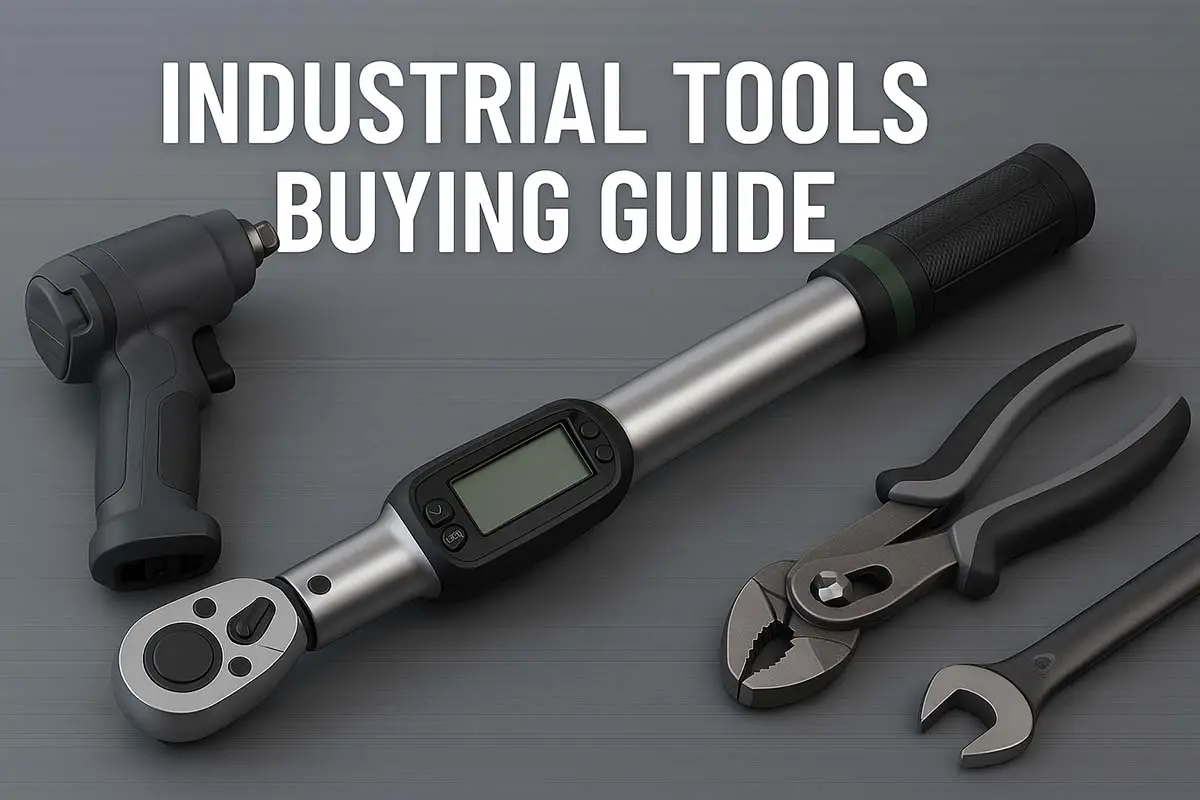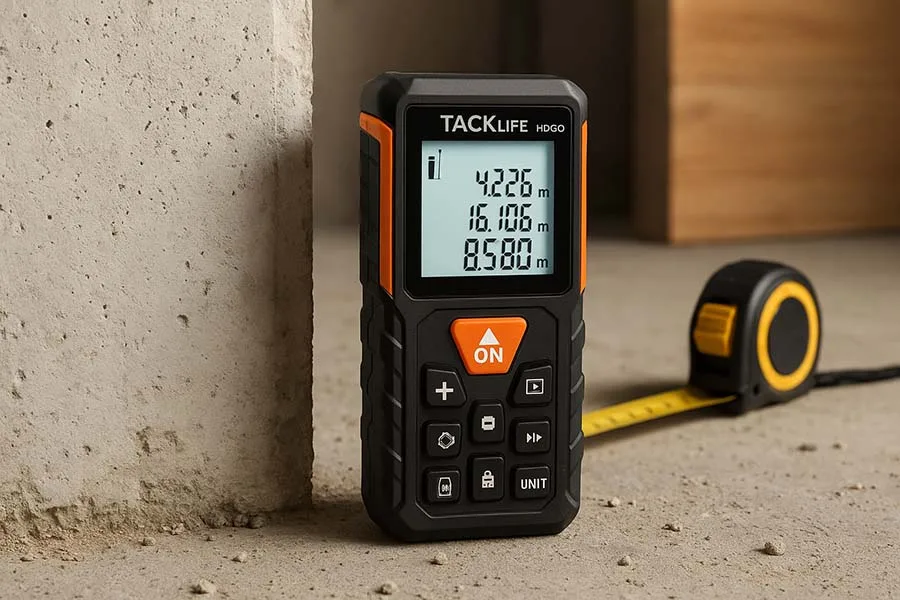A complete expert guide for factories, assembly lines, and precision manufacturing
What Is a Cordless Torque Screwdriver?
A cordless torque screwdriver is a battery-powered, precision-driven handheld tool designed to tighten fasteners to a specific torque value. Unlike standard electric screwdrivers, torque screwdrivers are engineered for repeatable torque accuracy, zero over-tightening, and industrial reliability.
Modern industrial torque drivers typically include:
- Digital or mechanical torque control
- Brushless motors
- Rechargeable lithium-ion battery systems
- Torque feedback, shut-off, or clutch mechanisms
- Ergonomic, lightweight housings for continuous use
In industrial settings where tolerances, safety, and product integrity matter, torque control becomes essential.
Why Torque Accuracy Matters in Industrial Environments
In consumer use, “tight enough” often works.
In industrial use, precision is mandatory.
Torque accuracy is mission-critical because:
✔ Prevents product defects
Incorrect torque can cause micro-cracks, thread stripping, or loose fasteners that lead to equipment failure.
✔ Ensures safety & compliance
Industries like aviation and automotive require strict torque standards to comply with ISO, FAA, and manufacturer requirements.
✔ Increases production consistency
Repeatability is key for assembly lines—every fastener must be tightened identically, every time.
✔ Protects high-value components
When working on composites, electronics, metals, or precision assemblies, even small torque variances can damage the product.
Industrial torque drivers are engineered to deliver reliable torque accuracy over thousands of daily cycles.
Cordless vs. Corded Torque Screwdrivers in Industrial Use
Cordless Torque Screwdrivers — Advantages
- Maximum mobility and flexibility
- No cord drag or workspace obstruction
- Ideal for large assembly lines or mobile technicians
- Modern Li-ion batteries provide long runtime
- Brushless motors reduce maintenance
Cordless — Limitations
- Slightly heavier due to battery
- Battery swaps required during continuous shifts
- Generally higher cost compared to corded
Corded Torque Screwdrivers — Advantages
- Unlimited runtime
- Lighter tool body
- Highly stable torque accuracy
- Preferred in fixed workstations
Corded — Limitations
- Restricted movement
- Cable management required
- Not suitable for spaced-out production environments
Conclusion:
Cordless torque screwdrivers are now preferred in most industrial environments, except fixed benches where corded still excels.
Best Brands for Industrial Cordless Torque Drivers (2025)
Below is a concise review of top manufacturers known for torque accuracy, reliability, and industrial-grade performance.
1. Bosch Professional
- Very strong in automotive and assembly industries
- Excellent shut-off clutch mechanisms
- Brushless EC motors
- Known for exceptional longevity
Pros: Durable, highly accurate, excellent ergonomics
Cons: Higher price
2. Makita
- Widely adopted in manufacturing
- Strong torque consistency
- Very reliable battery system
Pros: Affordable, reliable
Cons: Fewer high-torque precision models
3. Wiha
- Industry leader in precision torque tools
- Superb accuracy calibration
- Excellent for electronics, aviation, and medical manufacturing
Pros: ±6% or better torque accuracy
Cons: Pricey premium segment
4. HS-Technik (TorqBee Series)
- Flagship in industrial assembly
- Digital torque control
- Programmable shut-off
- Used in aerospace and high-precision plants
Pros: Most advanced industrial technology
Cons: Expensive, niche, not widely available
5. Ingersoll Rand
- Best for high-torque industrial applications
- Durable and rugged design
Pros: Built for heavy-duty industrial environments
Cons: Larger, not ideal for fine electronics
Torque Range Comparison Chart (Typical 2025 Models)
| Brand | Torque Range | Accuracy | Motor Type | Battery | Best For |
|---|---|---|---|---|---|
| Bosch | 1–12 Nm | ±6% | Brushless | 12V/18V | Automotive, assembly |
| Makita | 0.4–10 Nm | ±6% | Brushless | 10.8V–18V | Manufacturing |
| Wiha | 0.1–5 Nm | ±6% | Brushless | 4V–8V | Electronics, precision |
| HS-Technik | 0.2–10 Nm | ±4% | Brushless | 18V | Aerospace, medical |
| Ingersoll Rand | 4–27 Nm | ±6% | Brushless | 20V | Heavy industry |
Best Use Cases for Industrial Cordless Torque Screwdrivers
✔ Aviation Assembly
Precise torque is non-negotiable in aircraft components and composite structures.
✔ Automotive Production Lines
High repeatability for dashboards, panels, brackets, sensors, and interior assemblies.
✔ Electronics Manufacturing
Low-torque accuracy prevents damage to PCBs, housings, and terminals.
✔ Medical Device Assembly
Strict quality standards demand reliable torque control.
✔ Industrial Machinery Maintenance
Portable torque drivers are essential for field service and on-site inspection work.
Maintenance & Calibration Requirements
To stay compliant and maintain accuracy:
✔ Calibrate every 6–12 months
Heavy-use sites may require 3–6 month intervals.
✔ Check torque drift over time
Even brushless tools experience gradual changes with thousands of cycles.
✔ Keep batteries in optimal health
Low-voltage operation can affect torque consistency.
✔ Replace worn bits regularly
Bit wear directly impacts torque accuracy.
✔ Store tools in clean, dry conditions
Industrial environments can introduce dust, particulates, and metal debris.
A well-maintained torque driver can last 5–10 years in industrial service.
Best Cordless Torque Screwdriver for Industrial Use FAQ
Pros & Cons Summary
✔ Advantages
- High mobility
- Excellent accuracy
- Suitable for all major industrial sectors
- Lower maintenance with brushless motors
- Faster workflow vs. corded tools
✖ Disadvantages
- Higher purchase cost
- Battery management required
- Slightly heavier
- Calibration needed periodically
Conclusion: Which Cordless Torque Screwdriver Is the Best for Industrial Use in 2025?
For most factories and assembly operations, the top-performing models typically come from:
🏆 Best Overall Industrial Performance:
HS-Technik TorqBee Series
(Advanced digital torque control)
🥇 Best Value & Reliability:
Makita Brushless Torque Drivers
🎯 Best Precision for Electronics:
Wiha Torque Electric Series
💪 Best for Heavy-Duty Applications:
Ingersoll Rand Industrial Series
🔧 Best All-Rounder for Automotive:
Bosch Professional Torque Drivers
